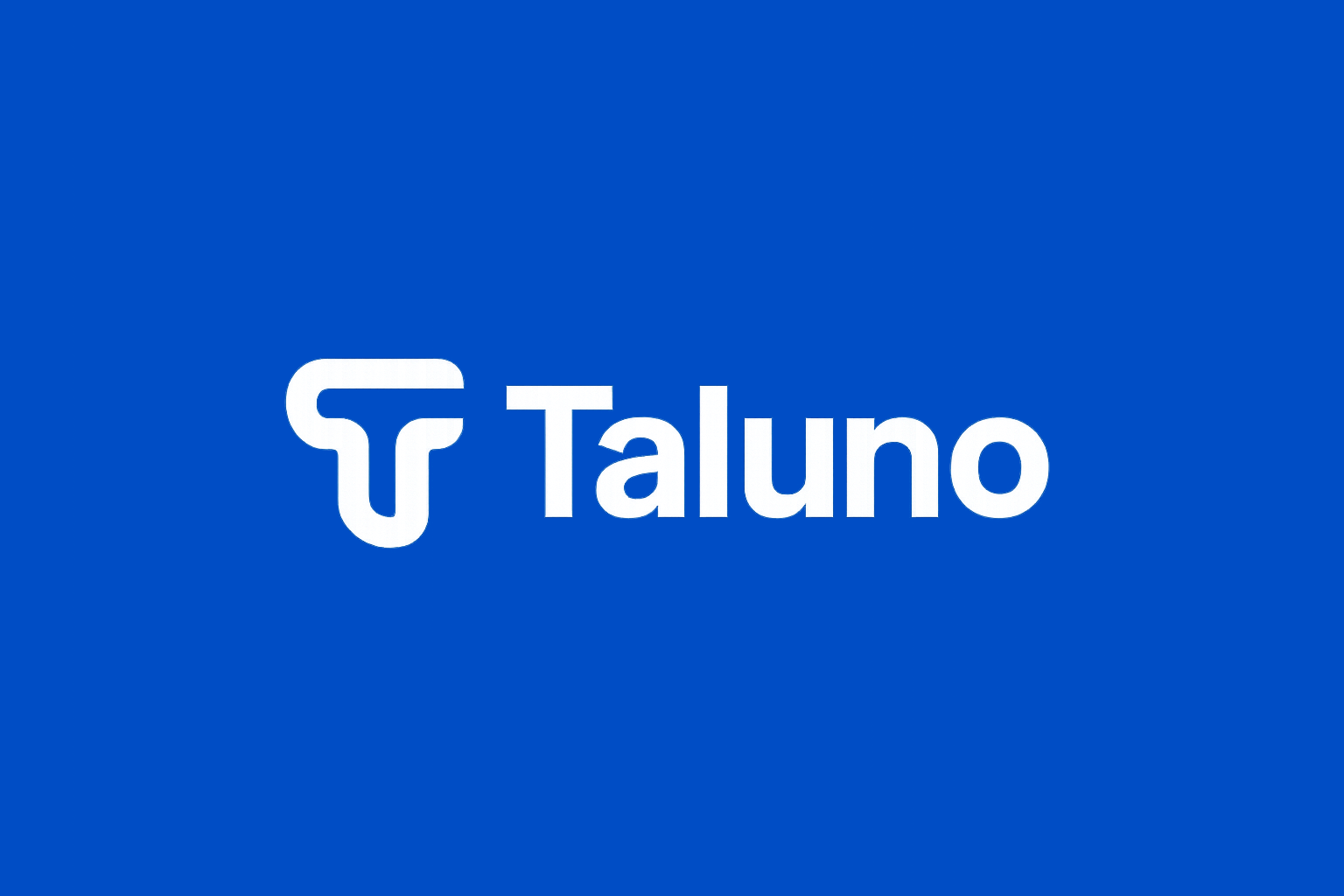
Never Miss an Interview: The Ultimate Guide to Automated Interview Scheduling
By Urey Mutuale
How to Streamline Your Hiring Process and Elevate Candidate Experience
Discover how automated interview scheduling can reduce time-to-hire, improve candidate satisfaction, and let your team focus on what matters most: finding talent.
Never Miss an Interview: The Ultimate Guide to Automated Interview Scheduling
In today’s competitive talent landscape, every minute counts. Manual interview coordination can eat up hours, frustrate candidates, and slow down your hiring process. Automated interview scheduling tools promise to flip the script—reducing back-and-forth emails, improving candidate experience, and empowering recruiters to spend more time on strategic tasks. In this comprehensive guide, we’ll dive into why scheduling automation matters, how to choose the right tool, best practices for seamless implementation, and tips to overcome common challenges.
Why Automated Interview Scheduling Matters
1. Slashes Time-to-Hire
Research shows that top candidates are off the market within 10 days. Automating the scheduling process removes bottlenecks, cutting coordination time by up to 80%. Faster scheduling helps you secure talent before competitors catch up.
2. Boosts Candidate Experience
Nothing frustrates a candidate more than endless email threads. A one-click calendar link that respects their time and time zone communicates professionalism and respect—key factors in employer branding.
3. Empowers Your Recruiting Team
Automating repetitive tasks frees recruiters to focus on sourcing, interviewing, and building relationships. That means deeper candidate engagement and a stronger pipeline.
Top Automated Scheduling Tools
Calendly
Calendly is a user-friendly platform that integrates with Google, Outlook, and Office 365 calendars. Customizable buffers, round-robin assignments, and time-zone detection make it a go-to choice for growing teams.
GoodTime
Built specifically for enterprise recruiting teams, GoodTime leverages AI to suggest optimal interview slots based on interviewer availability, candidate preferences, and regional working hours.
HubSpot Meetings
If you’re already in the HubSpot ecosystem, its Meetings tool provides seamless CRM integration. Every scheduled interview is automatically logged, giving hiring managers real-time insights.
Best Practices for Smooth Implementation
1. Map Your Process Before You Automate
Document your current interview workflow: who’s involved, time zones, follow-up stages, and feedback loops. Clear mapping prevents surprises when automation kicks in.
2. Set Clear Rules and Buffers
Define minimum notice periods, break times between interviews, and limits on daily bookings. These guardrails protect your team’s workload and prevent scheduling overlaps.
3. Customize Candidate Communications
Automated emails should feel human. Personalize messages with names, role details, and next steps. Include calendar invites, meeting links, and helpful FAQs about your office or video platform.
4. Integrate with Your ATS
Seamless ATS integration ensures candidate data stays centralized. When interviews are scheduled, feedback stages can automatically update in your recruitment pipeline.
Overcoming Common Challenges
Challenge: Interviewer No-Shows
Solution: Enable automated reminders via email and SMS. Send a 24-hour reminder and a 1-hour heads-up to both interviewer and candidate.
Challenge: Time-Zone Confusion
Solution: Use a tool with built-in time-zone detection. Always display both parties’ local times in confirmations to avoid mix-ups.
Challenge: Complex Round-Robin Scheduling
Solution: Automate interviewer assignment by configuring equitable round-robin rules. Balance workloads by limiting the number of interviews per day.
Measuring Success: Key Metrics
- Time-to-Schedule: Average time from candidate screen to scheduled interview.
- Candidate Drop-off Rate: Percentage of candidates who abandon the process during scheduling.
- Interviewer Utilization: Ratio of scheduled interviews versus available slots.
- Time-to-Hire: Overall time from application to offer acceptance.
Conclusion
Automated interview scheduling is more than a convenience—it’s a strategic advantage. By cutting down manual coordination, you speed up hiring, delight candidates, and free your team to focus on high-value tasks. Whether you’re a lean startup or an enterprise operation, the right scheduling solution can transform your recruitment workflow.
Ready to revolutionize your hiring? Post your open roles and integrate with the smart scheduling features at Taluno. Create a free profile at taluno.app today and experience hiring made effortless! 😊
Popular posts :
-

-
 Unleashing Your Career Potential at Industry Conferences: A Comprehensive Guide
Unleashing Your Career Potential at Industry Conferences: A Comprehensive Guide
22 September 2025 06:03 -

-
